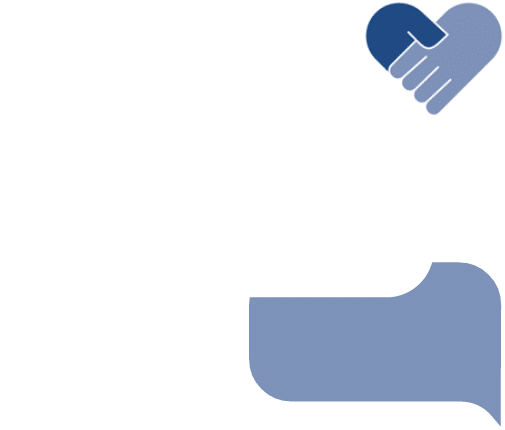Mental Health and Addiction Intervention Services in Maine and Nationwide
Our S.A.F.E.® (Self Awareness Family Education™) Intervention Services and Family Recovery Coaching Program Provides Families in Maine Comfort, Knowing They Have Done Everything They Can to Help Their Loved One Experiencing Addiction and Mental Health Disorders
Many families we speak with concede that the last few years of their lives have been centered around managing chaos. As families wait for their loved ones to reach their bottom or ask for help, they find themselves living a nightmare that never ends. Families in Maine and anywhere else in the country no longer must live this way. The belief that families and others must wait for the one who needs help to make the first move often leads to inaction for the family and the loved one experiencing mental health and addiction concerns. While families and others may not have direct control over someone experiencing mental health and addiction problems, they do have direct control over how they go about addressing it. The illusion that one day your loved one will say today is the day I will change is nothing more than false hope. A few may have done this, and the likelihood of it happening without any negative impact is highly unlikely. Someone needing help to make a positive change must feel negative consequences. The consequences come from the environment, one of the number one predictors of outcomes in addiction and mental health treatment. Our addiction and mental health intervention services primarily focus on this as the starting point of our curriculum.
With the help of our S.A.F.E.® Addiction and Mental Health Intervention Services, families learn how to adjust their loved ones’ environment and help their loved ones see things differently. Many interventionists in Maine and elsewhere draw your attention to the intervention only consisting of talking to the one who needs help with treatment. Although this is a part of an addiction and mental health intervention, it is only a tiny part. The only thing a family can do is offer their loved one help, change the way they have been trying to correct the problem, address the acquired family role, stop enabling, detach, hold their loved one accountable to feel the consequences, start their recovery program as a family, and provide themselves closure knowing they did all they could to help both themselves and their loved one. It seems simple, but it is not; a lot is involved, which is why you need a professional. Please remember that when we say do it yourself, we mean alongside a professional.
Families in Maine Do Not Have to Wait for Their Loved One to Ask for Help or Hit Bottom Before Initiating Intervention Services for Addiction and Mental Health Concerns
We have all heard that if you want something done right, you must do it yourself. In this case, we are not suggesting you do anything without a professional. We are referring to the fact that if you want something done right, do not rely on or wait for the one with addiction and mental health concerns to come up with an effective solution. When families believe they must wait for their loved one to ask for help, the family becomes further entangled in addiction, mental health, chaos, insanity, and dysfunction. The longer a family waits, the harder it becomes for their loved one to ask for help and the harder it is for the family to accept the change, good or bad. We are saying that the longer this continues, the more difficult it becomes for all affected. The longer it continues, the more fear is acquired, and eventually, the fear of change becomes more significant than the fear of staying the same. What happens next is the fear of getting sober or becoming independent for the person with an addiction, alcohol problem, or mental disorder, which builds alongside the family’s fears of letting go of their maladaptive coping skills.
Families in Maine and elsewhere have choices. The choices are to wait for their loved one to make the first move or make the first one with professionals. Your family is already at the bottom while your family waits for them to hit bottom. Why can’t we start saying nothing will change until the family reaches its bottom and holds its loved ones accountable by setting boundaries and letting go of enabling codependency, anger, resentment, maladaptive behaviors, and coping skills? Looking at it that way sounds much better than waiting for someone incapable of asking for help and not feeling at the bottom to ask for help. Telling people to wait for someone to ask for help when they are comforted and provided with all the maladaptive help they need is like standing on a piece of carpet trying to pick it up from under your feet; you must get off the rug and out of the way first. The next time someone says you must wait for the one with mental health and addiction concerns to initiate change, you can say I am not waiting for you to hit bottom because I am at my bottom. Whether or not they like what I am doing, I am changing because I can’t live this way anymore.
Meet Our Experienced Intervention Counselors
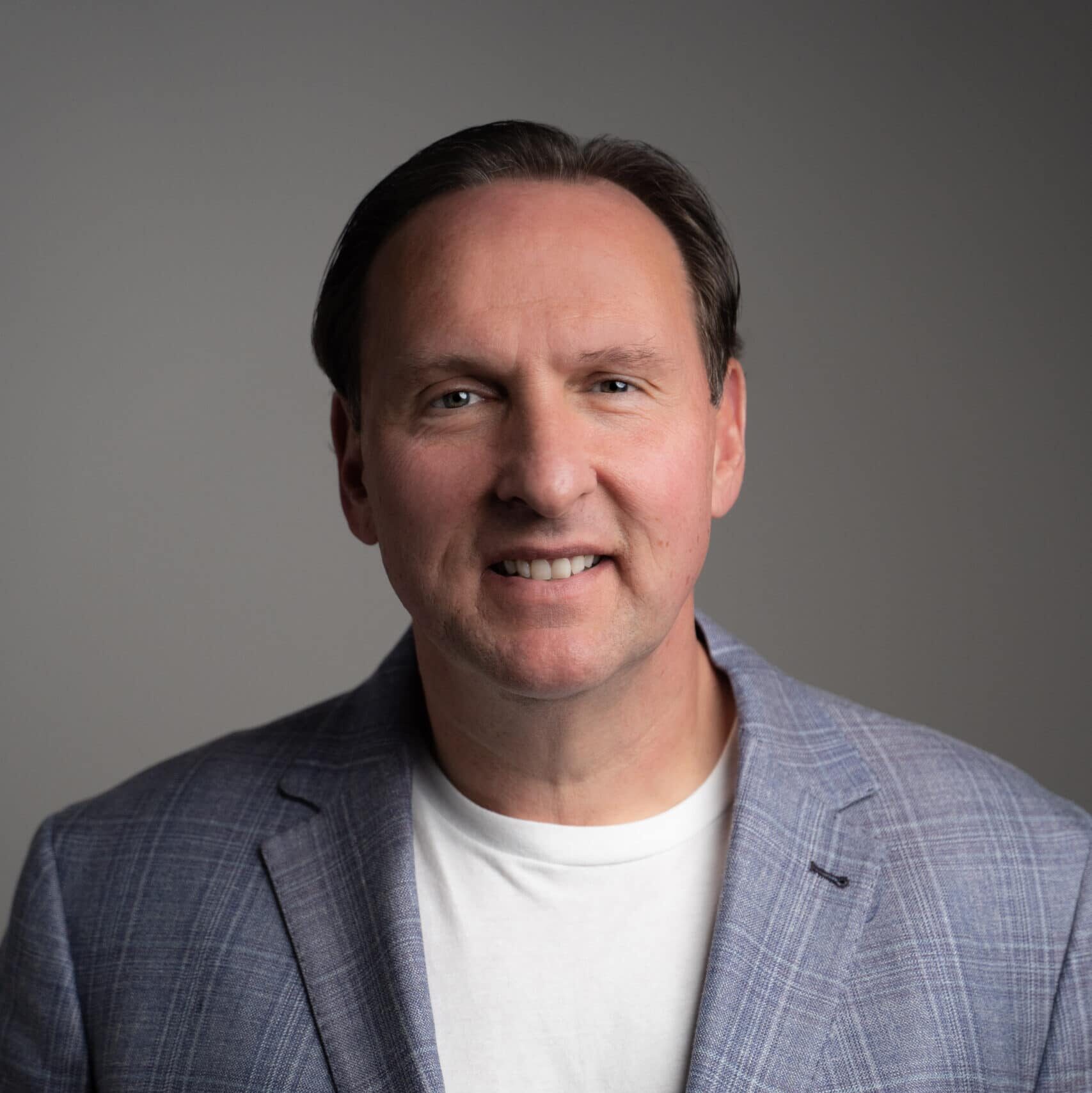
Mike Loverde, MHS, CIP
Clinical Director & Founder, Family First Intervention



Lisa Loverde, CADC
CFO & Compliance Officer
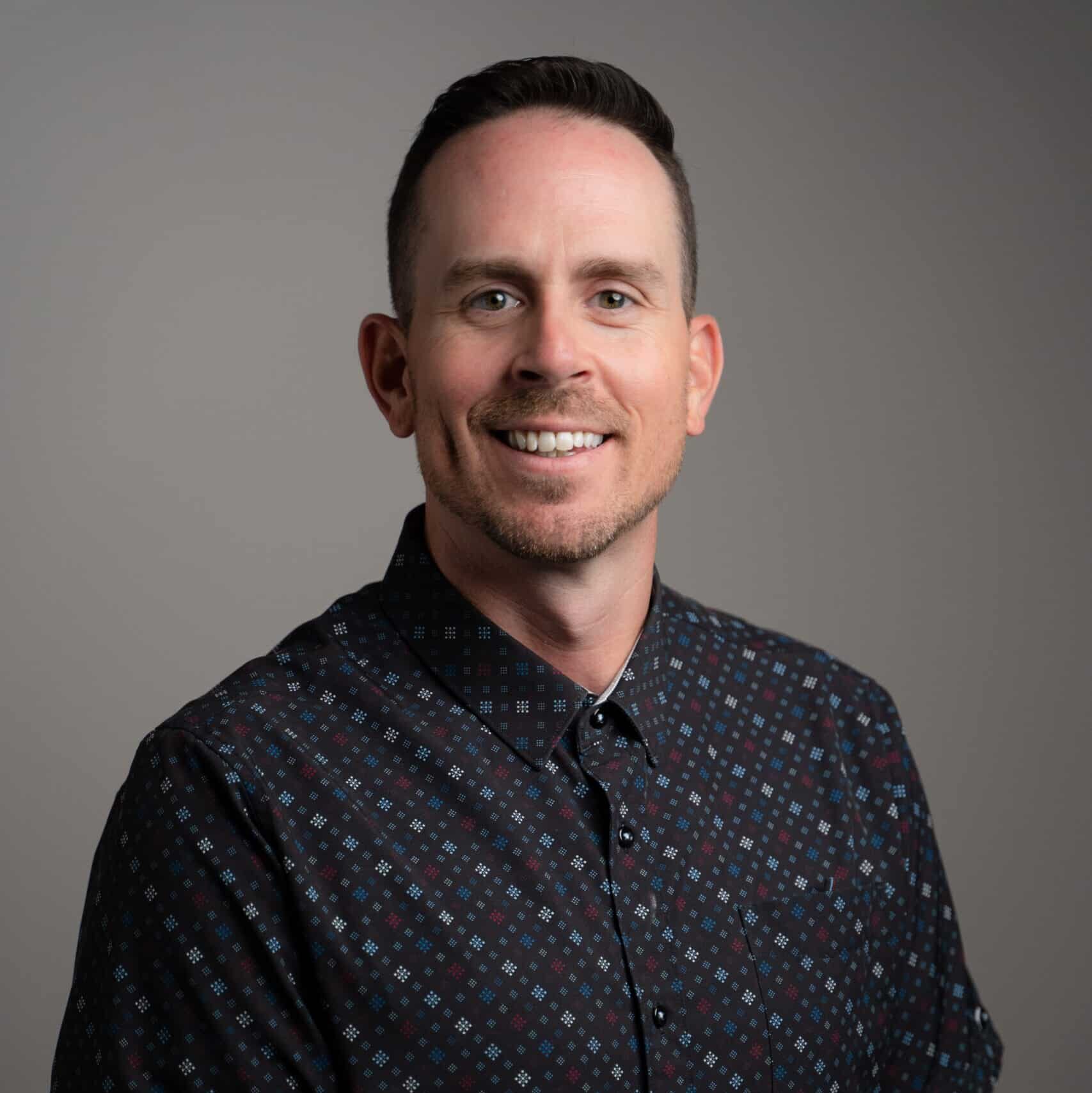


Adam Faulkner
CEO
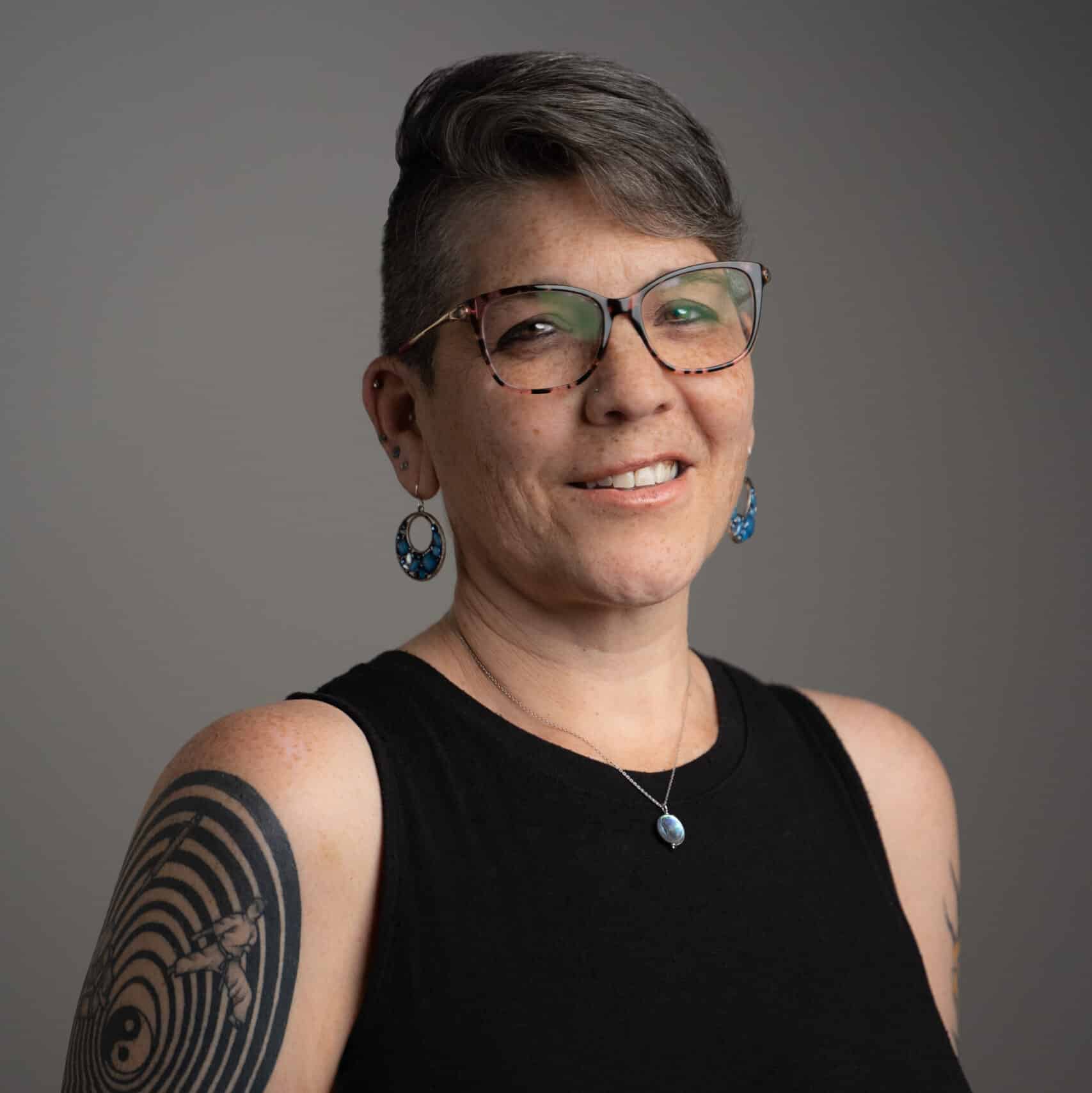


Regina Greene, MS, NLP, Psy.D. (Doctoral Candidate)
Director of S.A.F.E.® Family Recovery
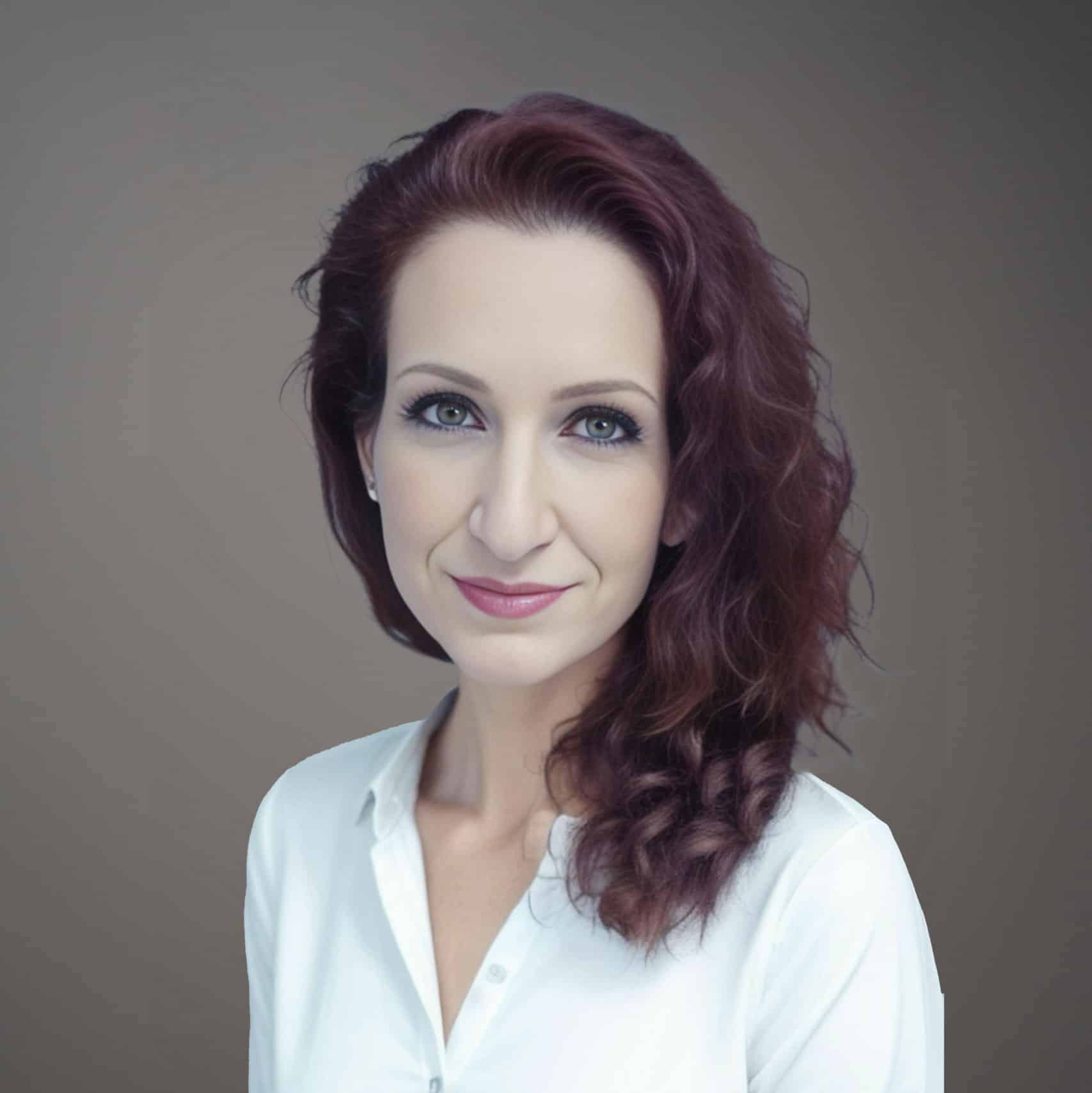


Lydia Negron, MT-BC
S.A.F.E.® Family Recovery & Post Intervention Support
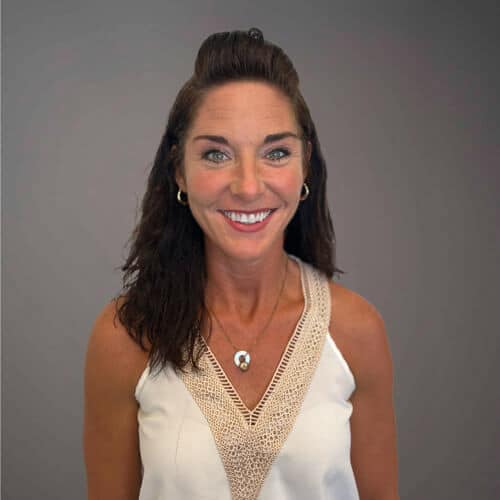


Meghan Gaydos, MA
S.A.F.E.® Family Recovery & Post Intervention Support
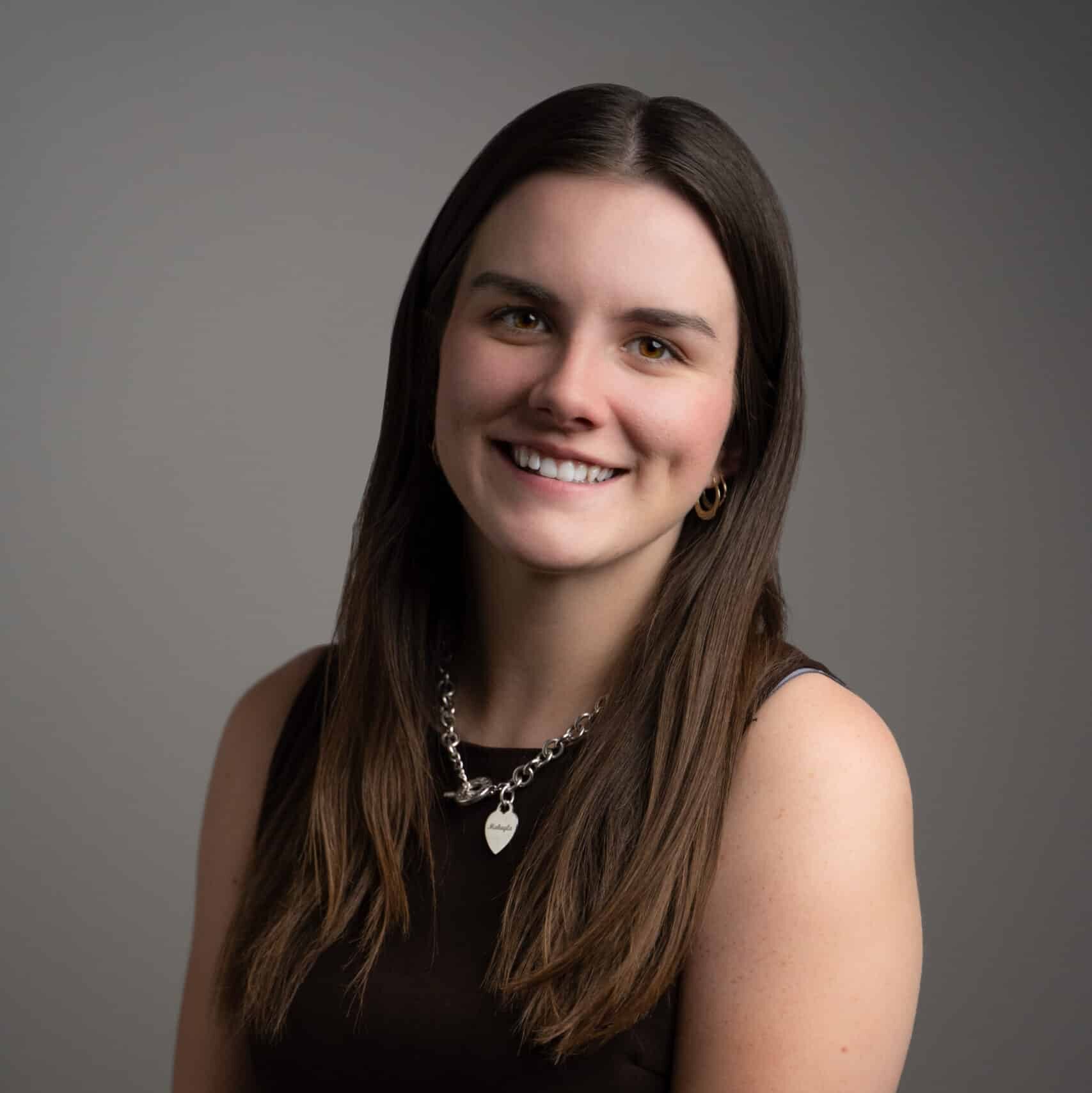


Makayla Zubal
Administrative Assistant
An intervention is not about how to control your loved one with a substance use or mental health disorder; it is about learning how to let go of believing you can.
Interventionists for Families, Addiction, and Mental Health are Not Created Equal
Addiction and Mental Health Interventionists in Maine and the rest of the nation must focus on the family as much, if not more, than the loved one with mental health and addiction concerns. The amount of work required after the intervention far exceeds the effort required during the intervention, the part families fear the most. When we speak with families and even after we arrive for the face-to-face intervention, most only want to discuss what happens tomorrow when we talk to them. Families are overwhelmingly clueless about what will happen to them after the intervention, regardless of the outcome. We prepare them on the initial consultation, drive our points home during the family prep, and immediately bring families into our S.A.F.E.® Family Recovery Coaching. They are still unaware of how much work they must do until after the intervention. The biggest subconscious fear of a family is the fear of change and knowing that they are afraid to let go of the situation even though they want nothing more than for the problem to stop. Some interventionists have added the family piece to their curriculum, and others have not. Many interventionists who offer it cannot do what is required to help a family navigate the trials and tribulations after the intervention.
When we started our S.A.F.E.® Family Recovery Coaching Curriculum, you could not find the word family on another interventionist’s website. Today, they have all jumped on board as they, too, see what an intervention is. The day of believing an intervention is a motivational speech delivered by a smooth talker in recovery must end quickly. If this is the approach you desire, we suggest you leave our site and go to the website of Alcoholics or Narcotics Anonymous and find a meeting. When you arrive, you can ask the members to come to your house and talk your loved one into treatment for free. If you’re still interested in doing an addiction or mental health intervention by way of clinical definition and protocol, then please get in touch with our office to get started.
“The most formidable challenge we professionals face is families not accepting our suggested solutions. Rather, they only hear us challenging theirs. Interventions are as much about families letting go of old ideas as they are about being open to new ones. Before a family can do something about the problem, they must stop allowing the problem to persist. These same thoughts and principles apply to your loved one in need of help.”
Mike Loverde, MHS, CIP


